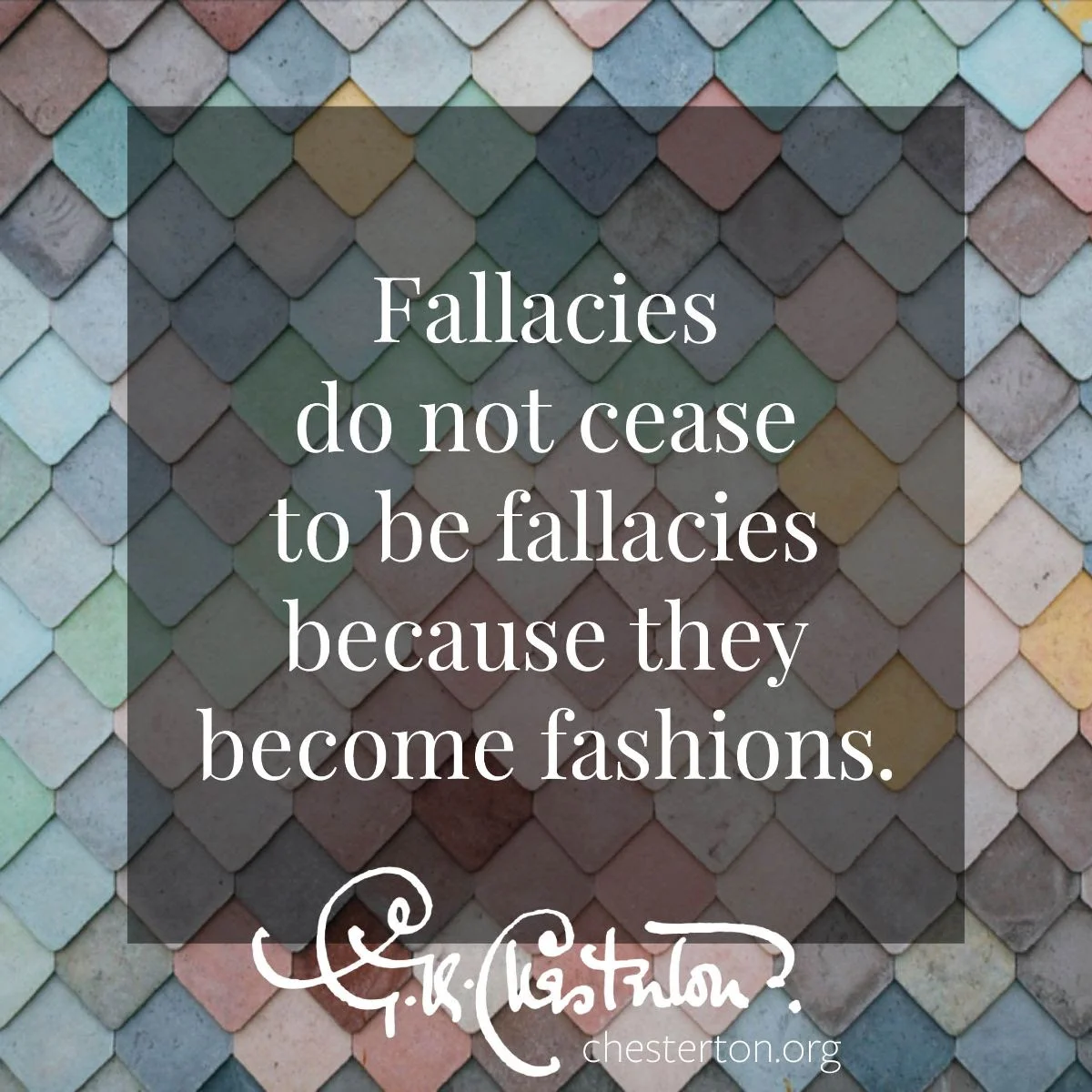How is Classical Education different?
The following is adapted from the Case Studies Report, published by Institute for Catholic Liberal Education.
As Catholic leaders combat the causes of plummeting enrollment in our treasured parochial system, they might look beyond the obvious financial barriers and examine curricula and culture. Fewer parents are willing or able to make costly tuition payments when the instructional differences between free government education and the local Catholic school are negligible. However, a rapidly growing movement in Catholic education demonstrates that the solution has been hiding in plain sight all along.
The evidence is increasingly clear that imitating the latest public school trend is like trying to keep up with the Joneses. It is always misguided. But when Catholic schools reject the dictates of the secular model and reclaim the Church’s own distinctive tradition of education, they flourish. The Catholic intellectual tradition produced some of the keenest minds and the holiest saints in the history of the world, but educators have been cut off from that proven tradition. All teacher training and instructional models in recent decades have been fundamentally secular; they ignore, and effectively deny, transcendent Truth. Regrettably, when this fragmented, industrialized approach is imported uncritically into Catholic schools, it undermines both the faith and reason of our children—contrary to the Church’s central purpose in education.
The Chesterton Schools Network is part of a growing wave of classical schools that are changing the narrative across the country. A striking renewal is now taking hold as Catholic educators rediscover the Church’s tradition in the classical liberal arts and sciences. They are transforming their schools with a life-giving vision that offers relief from the factory model, which is failing the nation’s youth.
The classical model works because it is catholic, with both a large and a small “c.” It is universal because it is rooted in our human nature and in the nature of the world God made. Formation that fully embraces a truly Catholic vision of reality restores what has been stripped from the contemporary model: an understanding of the meaning and the purpose of things. Catholics and even non-Catholics are drawn in because they see an immediate change in their children: joy in learning. The success of this renewal is evident not just in surging enrollment, but in the vibrant communities of faith and learning that result when “Catholic identity” is not just added on, but is instead woven through the school culture, curriculum, and pedagogy. These schools are emerging as engines of evangelization in the Church by integrating faith, culture, and life.
SECULAR EDUCATION
Ordered toward material, temporal ends
fragmented, industrialized focus on practical skills
emphasis on information
ignores the moral imagination
one mile wide, one inch deep
lectures + testing = passive learning
susceptible to indoctrination
CLASSICAL EDUCATION IN THE CATHOLIC TRADITION
Ordered toward eternal happiness
integration of subjects, knowledge, faith
restores meaning and purpose
awakens wonder
nurtures the moral imagination
cultivates habits of rigorous thinking
constant discussion = active learning
develops intellectual freedom
Chesterton Academy of Detroit is proud to bring a joyful classical education, rich in Catholic culture and tradition, to high school students in southeastern Michigan. If you are interested in supporting this effort, please click the “Get Involved” tab and complete the volunteer registration.

